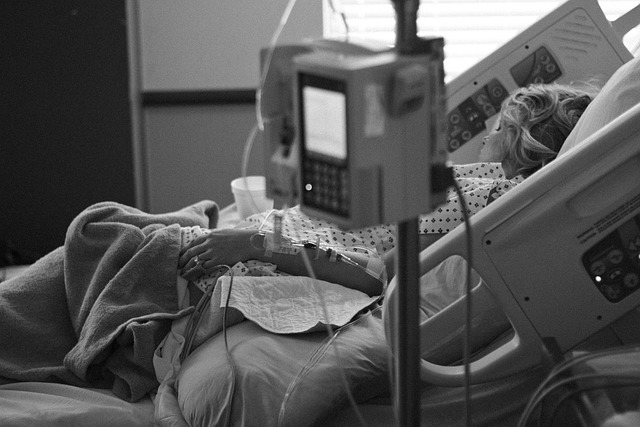Once associated with older individuals, rates of stomach cancer rates in young adults have dramatically risen in the last several years. This contrasts with the overall steady decline of stomach cancer rates in the United States over the last two decades. New research has indicated that there is a shift towards earlier detection, which could significantly help improve outcomes for patients. However, raising awareness is more important now than ever, as many stomach cancer symptoms are mistaken for other digestive issues.
A General Shift Towards Earlier Detection

A data analysis undertaken by the National Cancer Institute recently revealed a 53% increase in the diagnosis of early-stage stomach cancer from 2004 to 2021. Simultaneously, the incidence of advanced-stage diagnoses has decreased significantly. This has largely been attributed to advancements in endoscopic technology, in addition to more regular use of upper endoscopy. This type of endoscopy enables doctors to detect tumors much earlier than before. When doctors are able to diagnose stomach cancer in its early stages, the five-year survival rate is around 75%. Unfortunately, that number drops significantly to 36% if the disease has spread to nearby organs. Most concerning, that percentage drops to only 7% for cancers that have metastasized to remote regions of the body.
The Reason For Earlier Detection of Stomach Cancer In Young Adults

Even though older individuals still account for the majority of cases, rates of stomach cancer in young adults are still steadily increasing, often at more advanced stages. Experts suggest that there may be several factors at play as to why this is occurring. These factors include a rise in obesity rates, changing diets, imbalances in the gut microbiome, and chronic Helicobacter pylori infections. This particular bacterium is known to cause ulcers and is among the leading stomach cancer risk factors around the world. Certain inherited conditions, such as hereditary diffuse gastric cancer and Lynch syndrome, can also potentially increase risk. Yet, it is typically more difficult to identify clear causes of stomach cancer in young adults, which makes raising awareness of its symptoms even more important.
Six Early Signs Of Stomach Cancer In Young Adults

Probably the biggest challenge in recognizing early stomach cancer symptoms is that they could easily be mistaken for other common gastrointestinal issues. However, there are six early signs of stomach cancer that you should look out for. The first is a sudden disinterest in food, an unexplained loss of appetite. Similarly, a sudden unexplained loss of weight is also a cause for concern. Persistent acid reflux is another potential early sign of stomach cancer. Doctors also warn that constant bloating or abdominal pain should not be overlooked. Recurring nausea and vomiting could be the result of an obstructing tumor. Lastly, experiencing visible bloating after a meal could indicate poor gastric function.
Read More: Uncommon Risk Factors Linked to Rising Stroke Rates in Young Women
Individuals Most At Risk Of Developing Stomach Cancer

There is currently no national screening test for stomach cancer in the United States. Therefore, individuals at higher risk should be more vigilant about having themselves checked out regularly. This includes individuals with a family history of gastric cancer, ongoing acid reflux or gastric ulcers, and Helicobacter pylori infections. People who drink a lot of alcohol, smoke tobacco, and consume diets heavy in salty, pickled, and smoked foods are also at risk. Those with existing conditions such as Lynch syndrome or HDGC also need to pay attention to their health and have themselves examined regularly. Individuals of South American, East Asian, and Eastern European descent are also more at risk than others.
The Path Forward

In 2025 alone, there are expected to be 30,300 new stomach cancer cases, and around 11,000 deaths. However, this can change with increasing awareness and ever-improving diagnostic technologies. Thankfully, more young people are starting to get diagnosed earlier, at the stage when stomach cancer is at its most treatable. The doctors who presented these findings hope that this momentum will lead to improved screening policies for groups at high risk. Until this has been achieved, both patients and doctors need to focus on recognising the early signs of stomach cancer in young adults and implementing early treatments.
Read More: Anal Cancer On the Rise, Study Highlights Most Vulnerable Population

